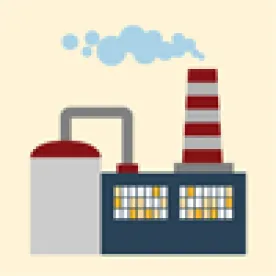The ongoing effort by the Pennsylvania Department of Environmental Protection to develop new rules for oil and gas activities – Chapter 78 for conventional and unconventional oil and gas operations – continues to make slow progress towards eventual promulgation in 2016. As a “reward” for the voluminous comments submitted by industry in 2014 on the first round of the proposed rules, the industry received a new version of proposed rules in February of this year. This package was dubbed an Advance Notice of Final Rulemaking (ANFR) by the DEP. These new proposed rules represented DEP’s effort to abide by the legislature’s 2014 mandate to separate conventional and unconventional operations in the rules. It was hoped that the new proposal would also reflect positive changes made by DEP in response to the comments submitted by industry and others on the previous package. Those hopes were soon dashed upon reading the ANFR.
While the ANFR did contain two separate rule packages, one for conventional operations (Chapter 78) and one for unconventional operations (Chapter 78a), the requirements actually became more prescriptive than in the earlier proposal. As was reported previously on this site, the industry had numerous concerns with the original Chapter 78 proposal but in particular had the most serious concerns with:
-
Public resources and special concern species
-
Waster supply replacement standards
-
Abandoned well identification and plugging
-
Waste handling at well sites
The ANFR proposals contained nothing that mollified industry’s concerns in these four areas and in several places worsened those concerns. The public resources section has been expanded to include a new range of entities considered public resource agencies and is broadening the scope of what is considered a public resource. The waste handling section requires that centralized impoundments be eliminated within three years after promulgation of the final rules and their substitute, centralized tank farms, must meet a multitude of prescriptive and time consuming requirements before they can be put into service. An unwelcome surprise was the inclusion of new noise reduction standards. Noise reduction is clearly outside the realm of DEP’s purview and the proposed requirements are so subjective that compliance could never be certain.
It is a certainty that these rules, once finalized and implemented, will be challenged in court. There is also some hope that the Pennsylvania Independent Regulatory Review Commission will assert itself and disapprove these rules. The Commission can act based on DEP’s lack of statutory authority to regulate public resources and noise and DEP’s failure to demonstrate that these rules are in the “public interest” as required by the Pennsylvania Regulatory Review Act.




 />i
/>i

